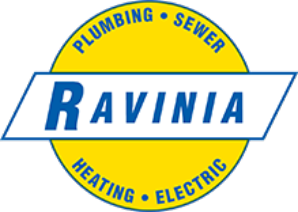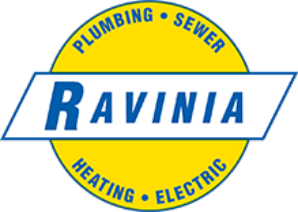
When the sweltering heat of summer hits, your air conditioner becomes your best friend, ensuring your indoor comfort. However, even the most reliable AC units can encounter issues from time to time. Among the myriad of potential problems, there’s one notorious AC system culprit that often leads to discomfort and frustration for homeowners: the capacitor.
Understanding Capacitors
Capacitors are essential components in your air conditioner’s operation. They’re housed in the outside unit and are responsible for storing and releasing electrical energy to power the compressor and condenser fan motor. They come in two types: the start capacitor, which provides the initial jolt of electricity to start the motor, and the run capacitor, which keeps the motor running smoothly.
Common air conditioner problems can be caused by a capacitor issue, including:
- Hot Air: One of the telltale signs of a failing capacitor is warm air blowing from your vents instead of the cool air you expect. When capacitors malfunction, they may fail to provide the necessary voltage to power the compressor, resulting in insufficient cooling. Therefore, the blower motor won’t blow cold air into your home as the air conditioner fails to produce any.
- Intermittent Operation: If your AC unit starts and stops abruptly or tends to cycle constantly, a faulty capacitor could be to blame. Capacitor issues can disrupt the smooth operation of your air conditioner, leading to irregular cooling cycles.
- Unusual Noises: Buzzing, humming, or clicking noises emanating from your air conditioning unit can indicate capacitor AC problems. As capacitors deteriorate, they may produce unusual sounds as they struggle to maintain proper electrical connection and flow.
- System Failure: In severe cases, capacitor failure can cause your air conditioning system to stop working altogether. Without the capacitor’s ability to provide the necessary electrical charge, the compressor and fan motors won’t function, leaving you in the heat until these common air conditioner repairs are made.
Causes of Capacitor Failure
Several factors contribute to capacitor failure, including:
- Age: Just like the evaporator coil, fan controls, and other air conditioning components, capacitors degrade over time due to wear and tear. As your air conditioner ages, the likelihood of capacitor failure increases, especially if routine air conditioning maintenance is neglected.
- Electrical Surges: Power surges or fluctuations in voltage can damage capacitors and electrical connections, causing them to fail prematurely. It’s essential to use surge protectors to safeguard your air conditioner from electric control failure and hazards.
- Overheating: Excessive heat can also impact capacitor performance. When exposed to high temperatures, capacitors may experience thermal breakdown, leading to malfunction.
- Manufacturing Defects: In some cases, capacitor failure can be attributed to manufacturing defects or subpar quality. Choosing a reputable brand and ensuring proper installation according to the manufacturer’s specifications can mitigate this risk.
- Refrigerant Leaks: While a refrigerant leak itself doesn’t directly affect the capacitor, it can lead to a decrease in AC system performance and efficiency, which can ultimately impact the capacitor’s operation. The compressor and fan motors may need to work harder to compensate for refrigerant leaks, putting additional strain on the capacitor.
Repairing Capacitors
When faced with capacitor issues, it’s crucial to enlist the help of qualified HVAC repair experts for air conditioning repair. Attempting DIY repairs can be dangerous and may further damage your air conditioner. A professional technician from Ravinia Plumbing, Sewer, Heating & Electric will:
- Diagnose the Problem: Using specialized tools and expertise, the technician will assess the condition of your capacitor to determine if it’s the root cause of your air conditioning unit’s existing problems.
- Replace the Capacitor: If the capacitor is indeed faulty, the technician will replace it with a new one of the appropriate size and rating. This ensures proper functionality and prevents future breakdowns.
- Inspect for Additional Issues: In addition to addressing capacitor problems, the technician will inspect other components of your air conditioner for any signs of wear or damage. Addressing potential issues early can prevent costly repairs down the line.
- Test and Verify: Once the repair is complete, the technician will test your air conditioner to ensure that it’s operating efficiently and effectively. This includes checking cooling performance, airflow, and overall system functionality.
Expert Repairs for Air Conditioners from Ravinia Plumbing
While air conditioner repairs can be inconvenient, understanding the most common issues, such as capacitor failure, empowers homeowners to have repairs made right away. By staying vigilant and addressing issues promptly, you can keep your air conditioner running smoothly and your indoor environment comfortable, even in the hottest of summers. Contact Ravinia Plumbing today for air conditioning repair if you suspect capacitor issues.




